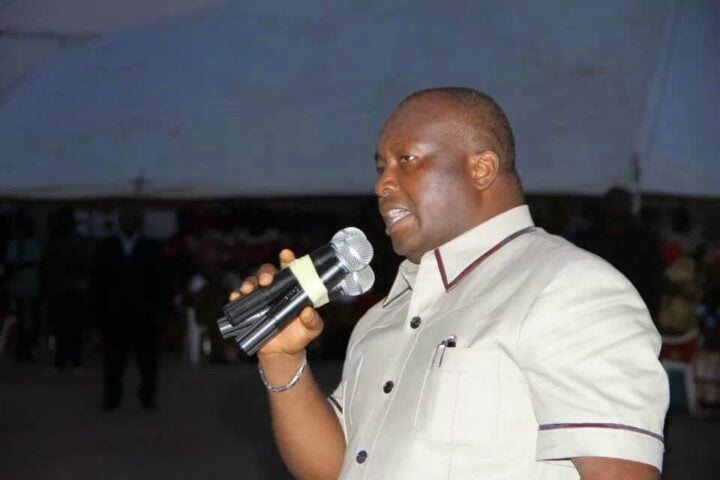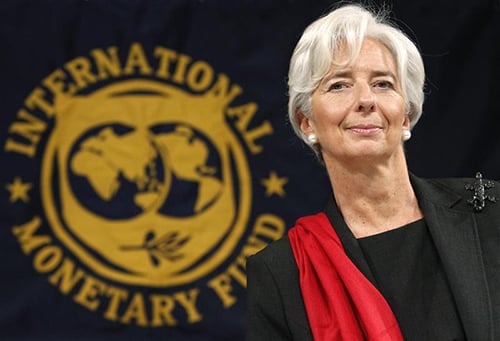Ifeanyi Ubah, chairman of Capital Oil and Gas Industries Ltd, has denied the allegation that his company is owing the Nigerian National Petroleum Corporation (NNPC), saying the oil firm is indebted to Capital Oil to the tune of millions of dollars.
NNPC had said Ubah’s company could not account for 100 million litres of petrol stored in its depot in Lagos.
The NNPC similarly accused MRS, another oil company of being in possession of its product, but said the company had returned 30 million litres that it initially diverted.
But Ubah described the allegation against his company as mischievous and misleading.
Advertisement
He said the NNPC also failed to tell the public that is owing Capital Oil from their mutual business transactions.
“It is normal for parties in businesses to owe each other in business relationships and that if reconciliation is carried out with the NNPC, the firm will find out that there may be very little or nothing for Capital Oil to pay the corporation,” he said in a statement.
“In the last four months, NNPC has borrowed products running into millions of litres from Capital Oil.”
Advertisement
He said the management of NNPC should have called for account reconciliation by both parties before issuing a “false statement”, accusing his company.
“We have an ongoing relationship and we need to sit down and reconcile our accounts,” he said.
“NNPC has a subsisting contract with our company which is on throughput basis. The corporation has consistently been in breach of our contractual agreement by owing us money for services rendered.
“Payments from NNPC for services rendered by our company has consistently been delayed for periods spanning over one year and remains unpaid till date.
Advertisement
“Currently, NNPC owes us for services rendered to the corporation at very critical periods to salvage nationwide fuel scarcity since 2015 (more than two years now), amounting to millions of dollars and billions of naira.
“The corporation has failed to deliver products to us which were duly paid for.
“It is instructive to note that Capital Oil and Gas has trucked out over seven billion litres of petroleum products for the NNPC over the last few years making us their biggest partner in the downstream sector of Nigeria’s oil and gas industry.
“We have written the NNPC several times, requesting for our outstanding payments and delivery of products duly paid for by us.
Advertisement
“Rather than honour our request, we are shocked that the corporation has resorted to this needless campaign of calumny, while refusing to make payments and deliver our products to us till date.’’
Ubah said the company respected the fact that NNPC was its biggest partner in the downstream sector and had always stood by the corporation, especially in times of product scarcity.
Advertisement
“We have proudly rendered intervention services at all critical times in the life of our nation,” he said.
“It is on record that few months ago, when the same NNPC had a serious break in its supply chain and in a bid to avert an imminent national scarcity, Capital Oil and Gas Industries Ltd lent the corporation millions of product to close the gap.
Advertisement
“It is our sincere hope that the corporation will respect our contract with it by paying all outstanding bills as well as deliver cargoes which have been duly paid for by us to end this situation.
“We view this as a deliberate attempt to stifle our business bearing in mind that in spite of its unfair treatment, we still manage to retain thousands of employees in this critical period of the nation’s economy where even banks and multinationals are retrenching.
Advertisement
“This act of strangulation has been reported by our company to the Nigerian Senate in a petition against the NNPC that was read on the floor of the Senate on Wednesday, 8th of March 2017.
“A similar petition was also submitted to the Economic and Financial Crimes Commission (EFCC) as well as the Department of State Services (DSS).”
Add a comment






